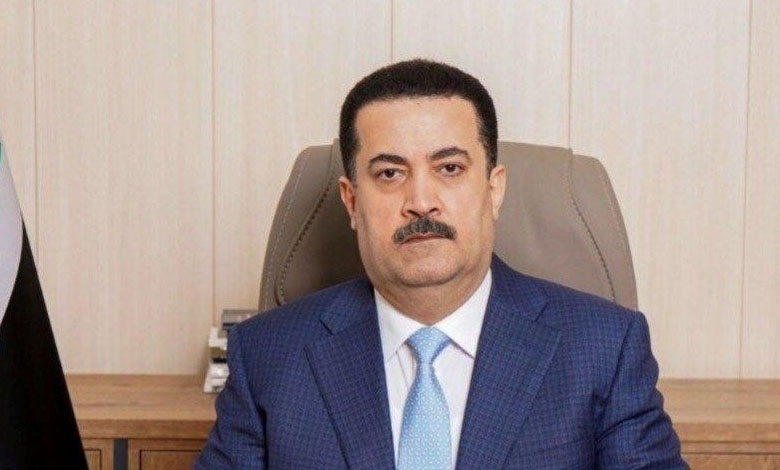Iraq: Will Al Sudani succeed in forming the government? Experts answer

The Iraqi Prime Minister-designate, Mohammed Shia’ Al Sudani, said that he is still holding discussions with the political blocs regarding the completion of the ministerial cabinet and its presentation to the Iraqi parliament.
In the coming period, Mohammed Shia’ Al Sudani will have to prove that he is the leader of the Iraqi government and its head, in order to refute the previous expectations that former Prime Minister Nouri Al-Maliki will be “an actual ruler”, “a shadow ruler”, or “a ruler behind the scenes”, according to the many descriptions given to what will be the case with the new government, and since many sources in the “coordination framework” had donated by saying that Al-Sudani was originally chosen because he is “weak”; It does not rely on a large bloc in parliament (the Al-Furatain Bloc, three MPs), and the “framework” presented its name as a “compromise solution” after disagreements occurred among them over other names, especially between the State of Law Coalition led by Al-Maliki and the “Fatah Movement” led by Hadi al-Amiri. These sources clarified that Iran agreed to Al-Sudani as soon as he was named, because it conforms to the specifications it wants to succeed Mustafa Al-Kadhimi, who had to agree to it in 2020, in order to overcome the impossibility imposed by the consensus of the parties of the “Shiite House” on one candidate.
Political crisis
The political crisis, which lasted for a whole year, ended unsatisfactorily for all parties. It was described as the sad end for some inside and outside Iraq, but it did not deviate from the form of government that Tehran had created since 2006, that is, even before the American withdrawal in 2011. The ruling is based on a quota for ministries and a sharing of budgets between the components and within each component, and not on the basis of strengthening the state so that all Iraqis will have ownership of it.
What was enshrined in Iranian domination is that there cannot be a single law to be equals before Iraqis. There are militias above any law, as evidenced by the fact that the losers in the 2021 elections obstructed the activation of the constitutional entiary and managed in one way to “prevail” the elections to impose themselves on the voters who did not cast their votes themselves.
Difficulties in forming a government
Iraqi political analyst Abdul Kareem al-Wazir said al-Sudani will succeed in forming the Iraqi government, but with difficulty due to differences of opinion and ideas and opposition from the largest movement in Iraq, al-Sadr.
He added: All of the above, if I add to it the weakness of the Kurdish parties, and the relationship between Al-Sudani and Nouri Al-Maliki, the head of the pro-Iran Dawa Party, all of these points will pose difficulties despite their unanimous allegiance to Iran.
The Iraqi political analyst pointed out that there are scenarios expected with the presence of armed opposition by the Sadrist movement, but they could be calmed by Iran’s theft and guidance of Muqtada Al-Sadr, as Al-Sudani government is strongly supported by Iran and Al-Maliki, and the situation in Iraq is not straightforward except through international intervention.
Task complexity
Ihsan al-Shammary, an Iraqi political analyst, said the government formation scenarios were dominated by conflicting positions among the political forces that want to implement the quota system. The issue complicates the formation of the government by al-Sudani, and the continuous postponement of parliamentary sessions indicates the depth of the crisis and the conflict between the political forces.
Al-Shammary said that the formation scenario will be in two phases, specifically one in which the prime minister-designate will be able to give him confidence in the next parliament and to provide 17 ministries or more, which is the end of the state of political closure for the parties. He added that the challenges the next government faces are the services, anti-corruption, and the issue of a single weapon, as well as the issue related to foreign policy.












